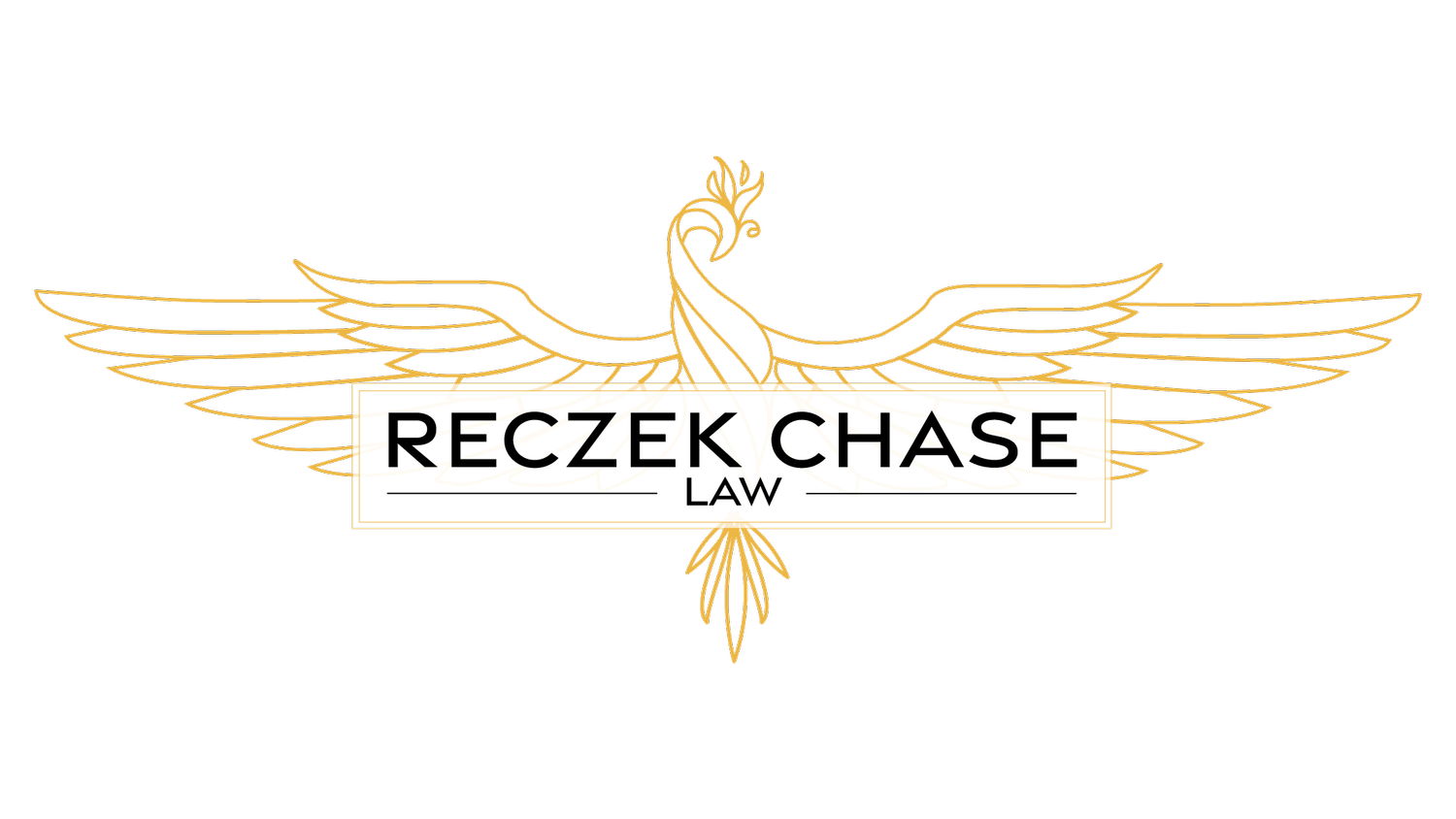Understanding Adoption in Kentucky.
In Kentucky, adoption is the process of severing all legal ties, rights, and obligations between the biological parent or parents of a child. The right to adopt or be adopted is based solely on statute, and the strict requirements of the adoption statutes must be followed, or the adoption could be challenged by the biological parent.
Who may adopt: Anyone over the age of eighteen can adopt a child in Kentucky. Generally, the prospective adoptive parent must have had the child living with them for a period of time preceding the action to bring the adoption before the court. Grandparents may adopt their grandchild, and stepparents may adopt their stepchild.
Effect of adoption: Just last year, the Kentucky Supreme Court held that the adoption statutes require that the parental rights of both biological parents be terminated upon the grant of an adoption, with the single explicit exception of a stepparent adoption. This is the case, because Kentucky has a general public policy that adoption creates a “fresh start” for the new family unit created by the adoption.
Stepparent adoptions are treated differently: The Kentucky Supreme Court has also acknowledged that the law recognizes that a child adopted by a stepparent does not need to terminate all existing legal ties to biological family members to encourage a “fresh start” as is desirable in a new family adoption. So, when a stepparent is adopting a child, the biological parent to whom that stepparent is married will retain their right to the child.
Grandparent adoptions create special issues: Society has long valued the unique and special relationship that exists between a grandparent and a grandchild. When a biological grandparent has a right to visitation with an adoptive child, that grandparent may be entitled to notice of the adoption proceeding, and may have the ability to prevent the adoption, or retain his or her right to visit with the child.
Adoption Process: The adoption process begins by an attorney filing a petition for adoption on behalf of the adoptive parents, stepparents, or grandparents asking the court to grant the adoption. The biological parent or parents will receive notice of the filing of the petition, and will have the opportunity to respond. You attorney can work with the biological parent or parents to get their written consent for the adoption—this makes the process much easier.
In all cases of adoption, the Cabinet for Health and Family Services will have to make a recommendation on whether the adoption is in the best interests of the child. If the biological parent contests the adoption, then the court will have to determine what is in the child’s best interest, and whether the biological parent has surrendered their right to the child by abandonment. Abandonment is is not a term truly defined by statute, but court’s have interpreted this word to mean “a willful intent to forego the parent/child relationship.” Generally, incarceration of a parent is not enough to reflect that intent, but exhibiting “a willful intent to forego the parent/child relationship” for a period of sixty days will be grounds for the court to grant the adoption. Importantly, it appears that the Kentucky Supreme Court has implicitly determined that this sixty day period can occur at any time in the child’s life.
If the biological parents’ rights have already been terminated through a separate proceeding (these are called Dependency, Neglect, and Abuse (“DNA”) proceedings that are initiated by the Cabinet for Health and Family Services), then this also simplifies the adoption process, but requires an extra step to show proof that the rights have been terminated.
Because adoptions are controlled entirely by statute, it is important that prospective adoptive parents have a trusted attorney on their side to navigate the process and get their family recognized by law. Doing so allows the adoptive child to inherit, and receive insurance and other benefits from the adoptive parent or parents. It also allows the adoptive parent or parents to make important decisions for the child, including those regarding education, religion, and healthcare.
If you’d like to learn more about the adoption process or talk through an issue specific to your family, feel free to give my office a call. We would be happy to give your family all the protections and recognition you are entitled to under the law.
Signing off for now,
Julie

